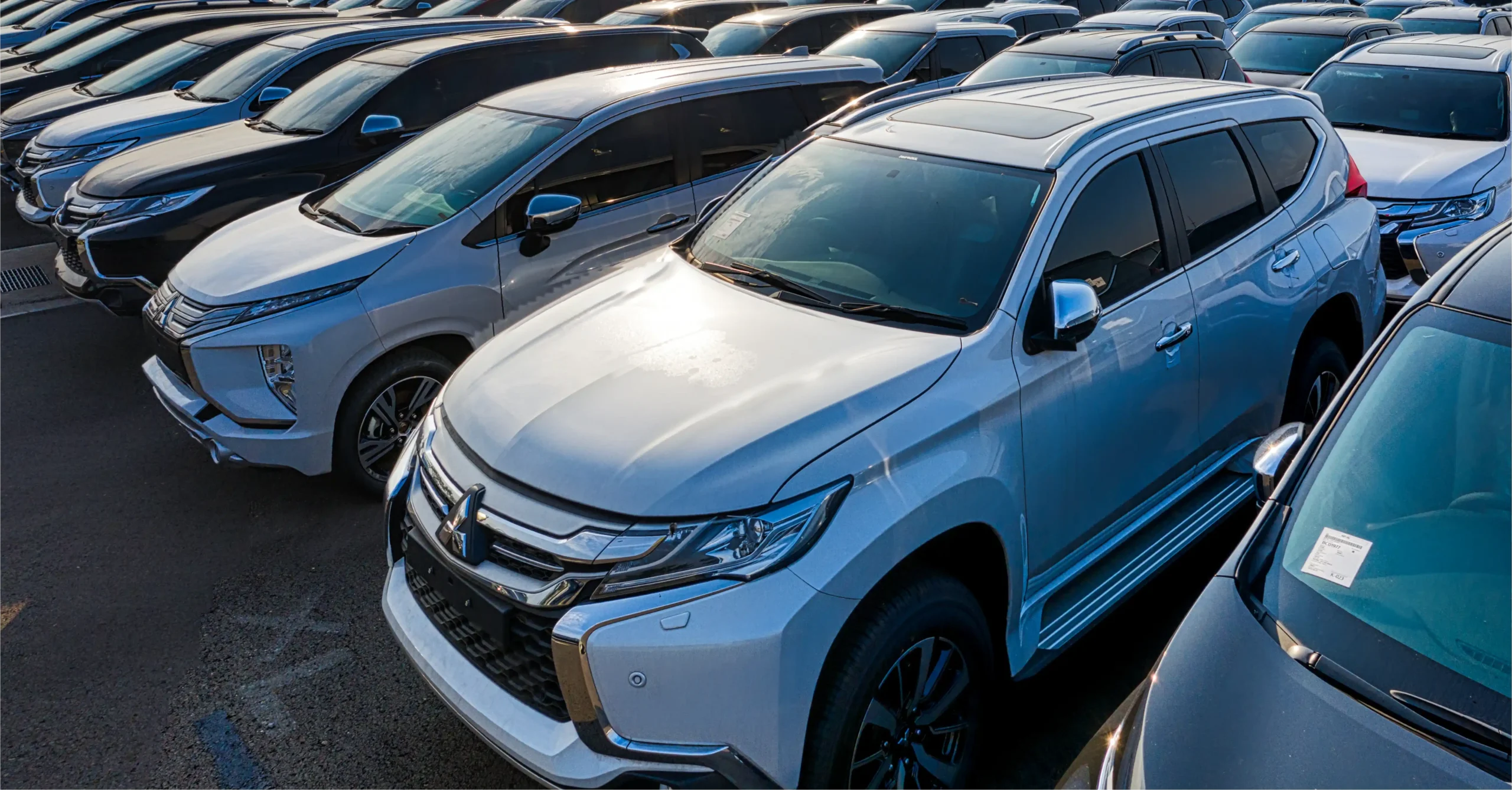How Technology is Redefining the Auto Industry

The auto industry has always been a symbol of innovation, thrusting forward technological progress that molds society. This auto industry has been continuously transforming transportation with its innovations, from the introduction of assembly lines to being at the head of electric vehicle movement and self-driving cars. Today, as the automotive industry endures unprecedented challenges and opportunities, it also integrates digital solutions in the way of manufacturing, marketing, and experience. In this blog, we discuss how seismic changes are reshaping the auto industry, and how companies can adapt to be successful in this new era of technological change.
Digital Transformation of the Auto Industry
The shift towards digitization is not merely a trend but a call of the times within the automotive industry. Smart, connected vehicles that add to safety, convenience, and efficiency have become the demand of the new consumer. To stay afloat, manufacturers and suppliers must adapt to advanced technologies such as IoT, AI, and cloud computing.
Moreover, the electric vehicle market requires superior battery technology, an efficient supply chain, and environmentally friendly production processes. While governments intensify their efforts towards green initiatives, the auto industry needs to invest in high technologies that eliminate carbon footprints while being profitable.
Improving Manufacturing Processes through Technology
Manufacturing takes center stage in the auto business while innovations in automation and data analytics transform production processes. Factories with smart technologies can now track every step of manufacturing in real-time, optimizing workflows and minimizing waste.
Predictive maintenance is another game-changer, enabling manufacturers to address equipment issues before they disrupt production. Auto companies can minimize downtime and improve operational efficiency by using the Internet of Things devices and machine learning algorithms. These advancements save not only costs but also introduce better quality and consistency in products.
Improved Customer Experience
Customer experience has emerged as the critical differentiator in the auto industry for the modern customer, who no longer considers simply based on the specifications or price but values convenience, transparency, and personable interaction.
Online platforms have become an important part of the buying journey. People research models online, compare features, and even buy online. Auto businesses will need to continue to ensure that their digital experience is seamless-from easy-to-use websites to virtual showrooms powered by augmented reality (AR).
Customer Relationship Management (CRM) systems are equally important. Dealerships can easily track customer preferences, manage leads, and offer specific deals using these systems. This keeps the customer engaged with them. The ultimate goal is loyalty and repeat sales.
Revolutionizing Marketing Strategies
Marketing in the auto industry is not longer about blasting advertisements through media houses and attending dealership events only. With digital marketing strategies like target-oriented social media marketing campaigns, search engine optimizations, and influencer partnerships, new dimensions have opened up for accessing the audience.
In terms of data-driven marketing, it really has the power to help companies tailor campaigns based on how consumers behave or act. By analyzing insights from visits to a website, social media interplay, and buying behaviors, brands can create highly relevant content that resonates with their audience.
Video marketing also seems to be really in control as high-quality videos showcasing features, safety technologies, and testimonials of car customers can play a huge role in influencing buying decisions.
Advancements in Connectivity and Autonomous Driving
Hence, vehicles and autonomous driving are the ultimate innovations in the automotive world, that means to deliver a safety gateway with enhanced management of its traffic as well as connected system via IoT capability for over-the-air updates, keeping the vehicles up to date on the latest software and the features.
Autonomous driving is slowly becoming a reality. Improved AI and sensor technologies are preparing the ground for safer and more efficient transportation. Fully autonomous vehicles are still in development, but semi-autonomous features like adaptive cruise control and lane-keeping assist are already improving drivers’ experiences.
Sustainability : The Future Road
Sustainability has now become the key priority for auto players. From the greening of materials to energy-saving manufacturing processes, car companies are doing everything to reduce damage to the environment.
The shift to electric vehicles is an important part of this transformation. Yet, issues such as charging infrastructure, battery recycling, and affordability still need to be addressed. In order to address these issues and speed up the arrival of EVs, cooperation among OEMs, the government, and tech firms is crucial.
Data and Analytics : The New Backbones
Data is the heart of modern automotive operations. From knowing consumer preferences to predicting market trends, data analytics does give actionable insights driving strategic decisions.
Some other examples of advanced analytics foretell demand, optimize inventory levels, and identify potential supply chain disruptions for manufacturers. Dealerships could use data to tailor customers’ touch points to increase satisfaction and loyalty.
Conclusion
A new era is soon coming to the auto industry, driven by technological change and shifts in consumers’ expectations. The ‘new-age’ businesses that attach themselves to digital transformation, attachment to sustainability, and improvement of the customer experience stand a better chance of winning in this exciting, shifting landscape.
At the heart of this revolution is the incorporation of smart technologies that facilitate streamlined operations, enhance products, and build meaningful connections with consumers. These investments in innovation and adaptability can position the auto industry to continue leading not only in its development but also in shaping the destiny of transportation.
One thing is for sure with the journey it undertakes: the horizon stretches into infinite possibilities. Truly, the automotive industry, inspired by creative and innovative solutions, will reinvent the way we move, connect, and experience our world.




